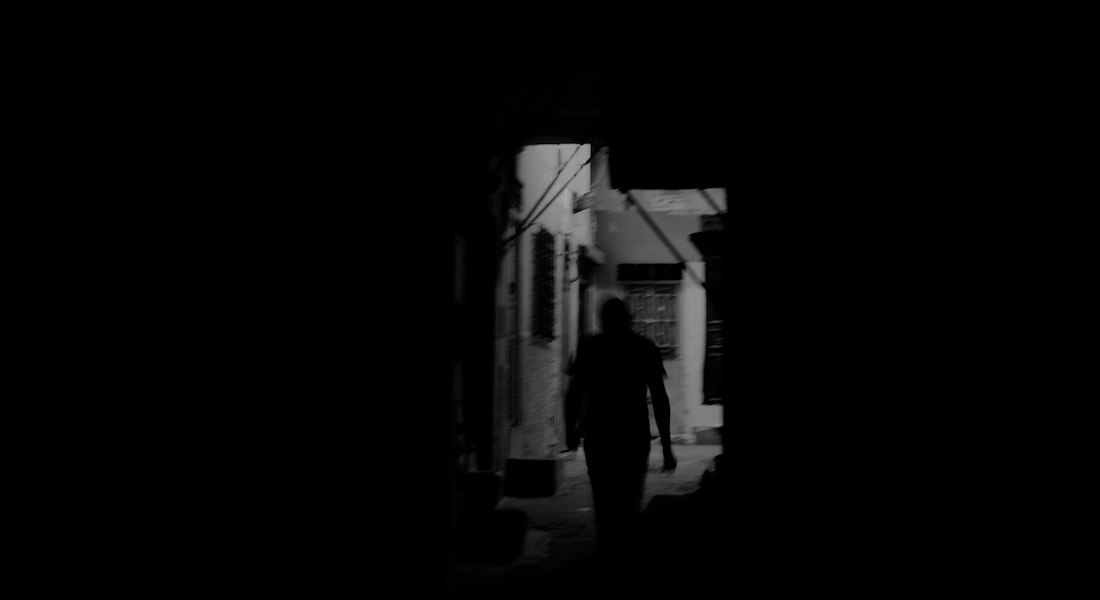Criminal Entanglements (CRIMTANG)
Linked to terrorism, moral breakdown and societal decay, transnational organized crime (TOC) has come to embody current global anxieties as a figure of fear and cause of disquiet.

The Criminal Entanglements project (CRIMTANG) researches transnational crime and policing via an ethnographic and multi-sited research design. It follows human flows and formations of TOC and explores the illegal and overlapping flows of migrants and drugs from North-West Africa into Europe. The project looks at smuggling routes and trafficking trajectories stretching from West Africa, to North Africa and Europe. By conducting collective fieldwork at different points along this trafficking route, it grants us insight into specific nodes within the illegal and illicit trade in question, as well as it develops new theoretical and methodological apparatuses for apprehending TOC that can be exported and applied to other regions and contexts.
Linked to terrorism, moral breakdown and societal decay, transnational organized crime (TOC) has come to embody current global anxieties as a figure of fear and cause of disquiet. The smuggling of people and drugs are among the fastest growing criminal enterprises in the world, yet despite its central position on the social and political radar, our knowledge of TOC remains limited, and its underlying socio-cultural logics and practices remain under-researched. In order to shed new light on TOC, the CRIMTANG project works through an inter-disciplinary and mixed-methods approach to global criminology.
CRIMTANG comprises a cross-disciplinary research team of anthropologists, criminologists, economists and political scientists, and builds on prior research experience of the people, regions and languages under study. The project gathers together some of the world’s leading scholars and institutions and connects international scholars within the field to the European research environment on ethnography, global criminology and TOC.
The project is anchored at the University of Copenhagen, but builds on cooperation between the University of Copenhagen, the EHESS in Paris, the University of California, Berkeley, University of California, Los Angeles, Oxford University, and the University of Moulay Ismaïl in Meknes.
The foundational ethical code of non-maleficence requires the team to shape its methods and ethical practices in a way that protects the already vulnerable subjects we are working with. All of the project’s activities follow the Code of Ethics drawn up by the AAA, and the project adheres to the EU and national guidelines for ethics in humanistic and social scientific research.
Researchers
| Name | Title | Phone | |
|---|---|---|---|
| Search in Name | Search in Title | Search in Phone | |
| Henrik Vigh | Professor | +4541111430 | |
| Jacob Fischer Møller | Research Assistant | +4535325436 |
Funded by:
Criminal Entanglements (CRIMTANG) is funded by the European Research Council as a Consolidator Grant of 1,999,909 €.
Project: Criminal Entanglements (CRIMTANG)
Period: From 2018-02-01 until 2024

